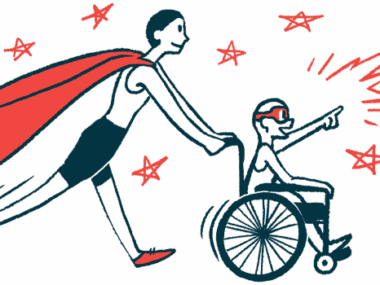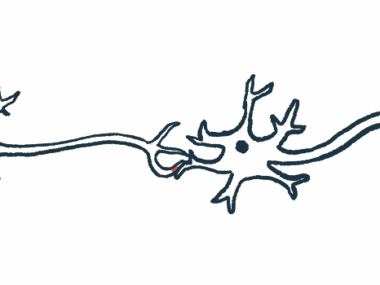Epidiolex Now Available in the US as a Non-controlled Substance
Written by |

In a move that will give Dravet syndrome patients easier treatment access, the U.S. Drug Enforcement Administration (DEA) has reclassified Epidiolex (formerly GWP42003-P) as a non-controlled substance.
In what the agency called a “descheduling,” the action removes all federally controlled-substance restrictions for the oral cannabidiol (CBD) solution that was developed by GW Pharmaceuticals (GW) and approved in 2018 by the U.S. Food and Drug Administration (FDA) to treat seizures in Dravet and Lennox-Gastaut syndrome, starting at age 2.
The company is beginning the process of implementing the DEA action at state levels and through its distribution network. Once this process is completed, prescriptions for Epidiolex, as with other non-controlled medicines, will be valid for a year and can be transferred easily between pharmacies.
The new classification also allows physicians to prescribe the medicine without having to meet requirements of state prescription drug monitoring programs.
In addition, GW has filed a post-approval supplement with the FDA to remove DEA Schedule V designation from Epidiolex. The schedule defines and lists what it considers controlled substances.
“This notification from DEA fully establishes that Epidiolex, the only CBD medicine approved by FDA, is no longer a controlled substance under the federal Controlled Substances Act,” said Justin Gover, GW’s CEO, in a press release.
“We would like to thank DEA for confirming the non-controlled status of this medicine. Importantly, the descheduling of Epidiolex has the potential to further ease patient access to this important therapy for patients living with Lennox-Gastaut syndrome and Dravet syndrome, two of the most debilitating forms of epilepsy.”
Epidiolex made history as the first therapy approved to treat Dravet, and as the first marijuana-derived treatment to be federally approved for any indication. The medicine is a non-psychoactive marijuana extract, meaning it does not have the mind-altering effects that are characteristic of delta (9)-tetrahydrocannabinol (THC), the main psychoactive component of marijuana.
The treatment is marketed in the U.S. by Greenwich Biosciences, a GW subsidiary. Under the brand name Epidyolex, and in combination with the anti-epileptic medication clobazam, the therapy also is approved in the United Kingdom for Dravet and Lennox-Gastaut patients older than 2.
Scientists still do not fully understand how cannabidiol works to suppress seizures in children and adults. They hypothesize that its effectiveness may be due to its ability to interact with many other non-cannabinoid receptors in the brain, which has a natural endocannabinoid system.
As an add-on therapy, Epidiolex recently was found to retain its effectiveness at half the highest-approved dose for reducing the frequency of convulsive seizures in children with treatment-resistant Dravet.
Dravet syndrome is a severe type of epilepsy characterized by prolonged seizures that begin in the first year of life. Other symptoms may range from sleeping disorders and behavioral problems to a higher risk of infections. In the long term, most children with Dravet experience some developmental problems.
In 80% of patients, the disease is caused by mutations in the SCN1A gene. The remaining 20% of cases are thought to be the result of mutations in other genes, some of which have not been identified yet.
The condition affects one in 20,000 to 40,000 individuals globally.





